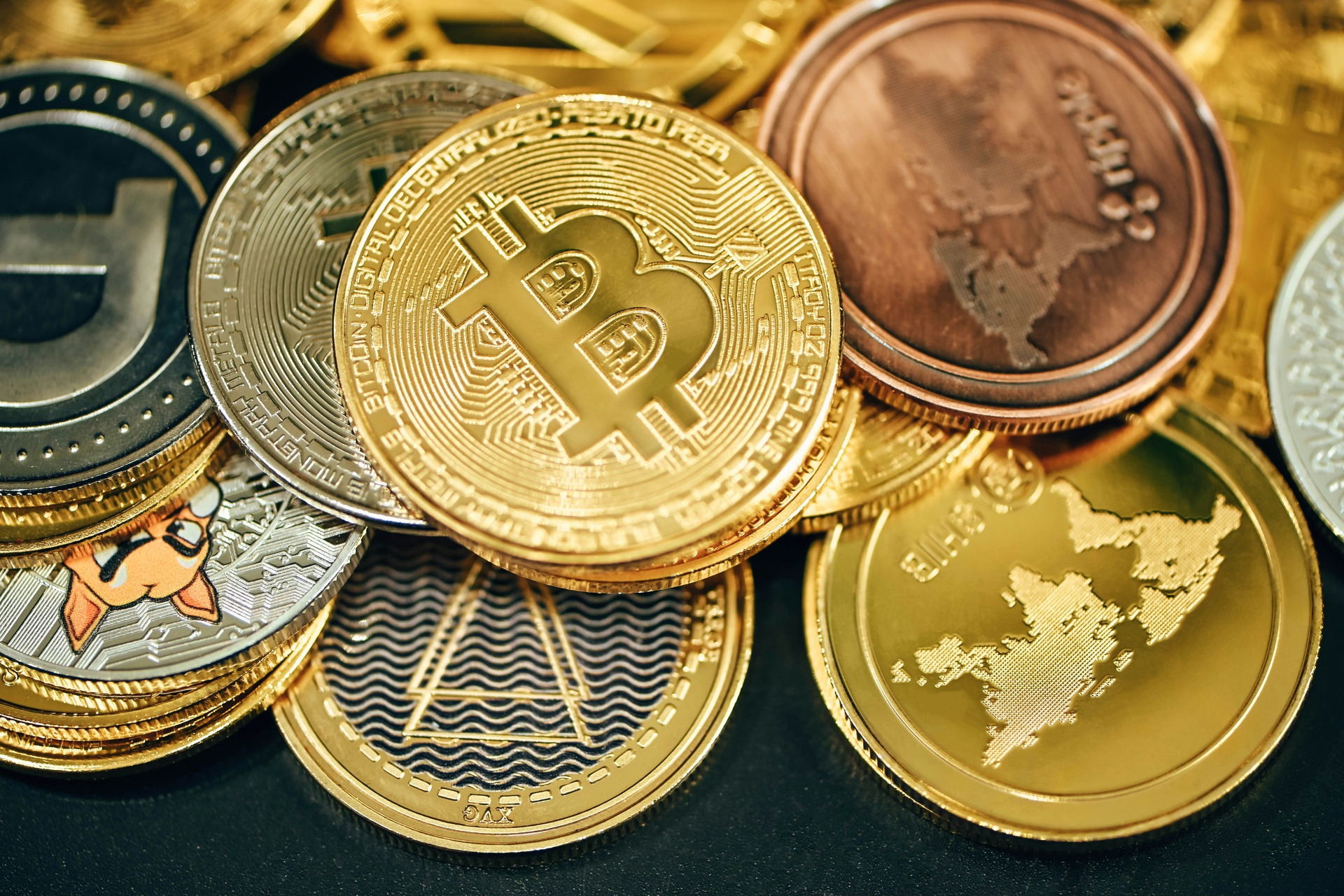Blockchain developers use a new technology that decentralizes data from digital ledgers. The term “blockchain” gets its name from the blocks that contain several transactions. Blocks have specific storage capacities, and when they’re full, they close and link to the previously filled block, forming a chain of data — hence, the name blockchain.
Blockchain technology is known for its role in cryptocurrency and is revolutionizing every industry worldwide. Blockchain technology applies to everything from healthcare to cybersecurity and supply chain to manufacturing. Because of its scope of applications, the demand for blockchain developers is rising quickly.
Blockchain developers get to experience the forefront of a new field. The industry itself is at the early stages of infrastructure, applications and systems development — likely impacting the power of future generations.
So what are the skills blockchain developers must have in their everyday careers? Let’s find out.
What Skills Do Blockchain Developers Need?
1. Blockchain Architecture
A blockchain developer must have a deep understanding of how blockchain works and its structure. They must comprehend the importance of a ledger in blockchain and how smart contracts function.
Three forms of blockchain architecture include:
- Private architecture
- Consortium architecture
- Public architecture
Blockchain developers must have expertise in all three forms of its architecture. A public blockchain, for instance, allows everyone to access a blockchain publicly, and anyone can participate in the entry process — making it decentralized and open-ended.
In contrast, clients approve business members to manage private blockchain technology. Since only a single organization operates it, this provides more anonymity and centralization.
Consortium architecture works differently where multiple organizations will have complete control and are the most decentralized.
2. Smart Contracts
Smart contracts have been the most widely used application in business since the release of Ethereum. Ethereum 2.0 helps newcomers understand each blockchain that incorporates smart contract functionality in its system. This is so companies can apply business logic to the blockchain layer.
If you’re a developer interested in the blockchain field, it’s important to learn about smart contract development and business application. Smart contracts allow exchanges of goods and services without using an intermediary. They are mainly for when all parties engage in a transaction and meet contractual obligations. The purpose of smart contracts is to decentralize business transactions and increase productivity.
With smart contracts, blockchain transactions are safe and challenging to breach. Each transaction is linked to the preceding entries, rendering cybercriminals incapable of altering data.
Firms that use blockchain technology for trade provide frameworks, web applications, and digital tools to simplify smart contract development.
3. Cryptography
Cryptography uses a series of complex puzzles to uncover hidden messages. It requires an authorized system or person to convert computer codes and data into a readable format. Cryptography allows for information to be secure while parties send and receive complex messages to one another.
An authorized party can cipher the encrypted message with a key, allowing unreadable data to appear in its original form.
Blockchain developers will spend time creating secure information to keep it confidential. This information will typically include credit cards, financial statements and health records. So blockchain developers must prepare for cybercriminals who have their own set of tools to access data.
Blockchain developers must have abilities to create layered algorithms and solve complex mathematical problems. They need to understand mathematical principles, including linear algebra, number theory and combinatorics. Essentially, blockchain developers apply these principles when designing and deciphering encrypted systems.
Furthermore, they must possess technical abilities, writing and creating complex algorithms. Therefore, knowing how to use programming languages, such as Java and Python, are crucial.
4. Data Structure
Data structure is the primary skill a blockchain developer should possess. An entire blockchain system comprises a structure and is among the most critical abilities to retain for system deployment and advancement. Therefore, blockchain developers must work with various data structures to build and implement networks.
A single block is an entire data structure itself in a digital ledger. The blocks cluster transactions, containing 1 MB of data in each block. So, data structures are the foundation of a blockchain. Once you learn about data structures, this will ensure you understand the basics of blockchain technology.
5. Software Development
Most of those that enter the blockchain sector already have previous software development experience. Blockchain technology is still in its infancy stages, so being a developer is an industry norm. However, blockchain technology has also been around for over a decade. Therefore, you may see more developers starting their careers from scratch in the blockchain field rather than traditional tech.
Software development is still a required skill in this field. As a blockchain developer, you would spend much of your time developing web applications. Furthermore, software development is critical since most organizations use blockchain technology to build apps but don’t understand how.
6. Application Programming Interfaces
Application programming interfaces (APIs) are often utilized in web and mobile applications. One example involves shopping online. The API will communicate a request to the server containing data that delivers the results to your device when completing a transaction.
APIs can connect a blockchain node or client network directly to another service. For instance, cryptocurrency transactions use APIs for easy data access. Additionally, APIs involve gathering data about transactions, account management, analytics and security.
As a blockchain developer, it’s essential to learn how to integrate existing APIs into applications. Moreover, you may also find yourself creating APIs for other developers who’d like to use the technology you’re building.
7. Peer-to-Peer Networks
Peer-to-peer (P2P) networks are another leading component of blockchain technology. P2P is what makes blockchain superior to traditional ledgers. With a P2P network, each node downloads and uploads data equally. For developers, it’s essential to understand how to build and run a full node. This is because companies that send and receive crypto transactions will manage several full nodes at once.
It’s always good to understand the strengths and weaknesses of each P2P network. Some blockchain networks are distributed through multiple nodes in a small group controlling a single network. So issues of censorship security may come into question.
On the other hand, some networks are decentralized, which is a larger group responsible for keeping the network secure. With these considerations in mind, you might feel influenced to construct core protocol coding or build applications on certain networks.
Soft Skills Blockchain Developers Need
Now that you know about the most important technical skills blockchain developers need, soft skills are just as critical in the business world. For example, blockchain development often involves working in a startup environment. In most cases, there would be no one to assign tasks and oversee your work. Therefore, you would have to set your own goals and have the ability to set your own schedule.
Furthermore, blockchain is still very new and is rapidly changing. This means you would need to solve problems you might not always have the answer to at times. Building a career in blockchain might seem overwhelming at first, especially if you have to discover the solutions yourself — whether through trial and error or by asking other developers for help. However, you would get to be part of the frontier in blockchain technology — making your overall career exciting.
Becoming a Blockchain Developer
As you can tell, the blockchain industry can be extensive but thrilling. Because it’s not a traditional database technology, blockchain requires you to develop an expansive set of skills. However, once you acquire the abilities listed here, you’ll build a stronger foundation comprehending ideas and best practices in blockchain technology.
Recent Stories
Follow Us On
Get the latest tech stories and news in seconds!
Sign up for our newsletter below to receive updates about technology trends




